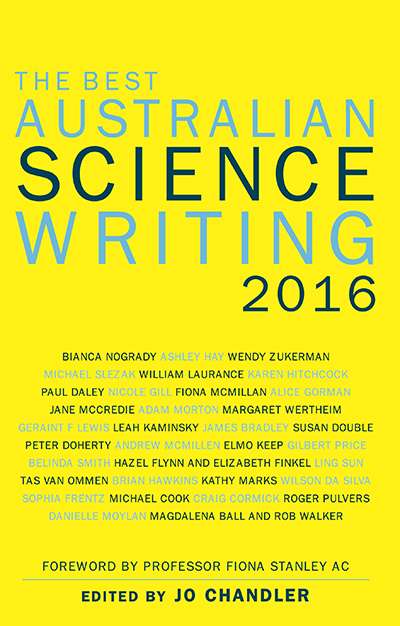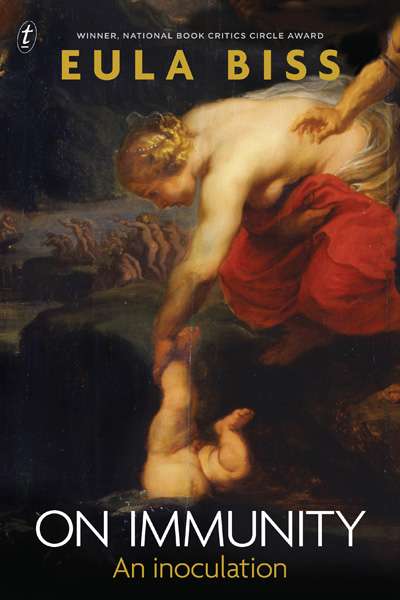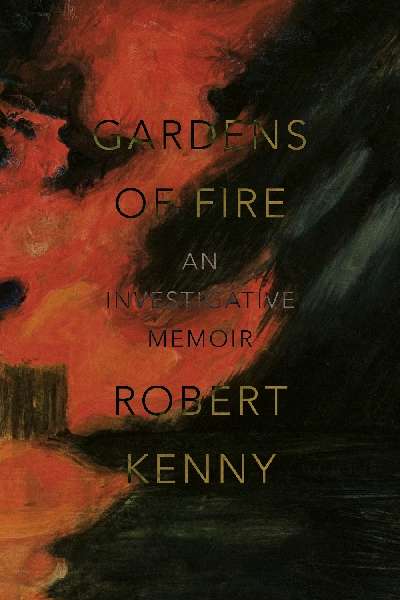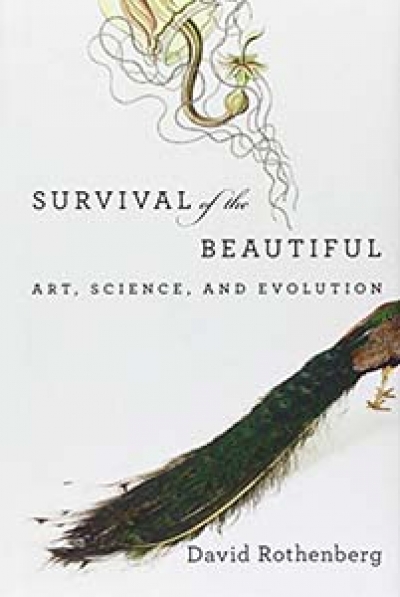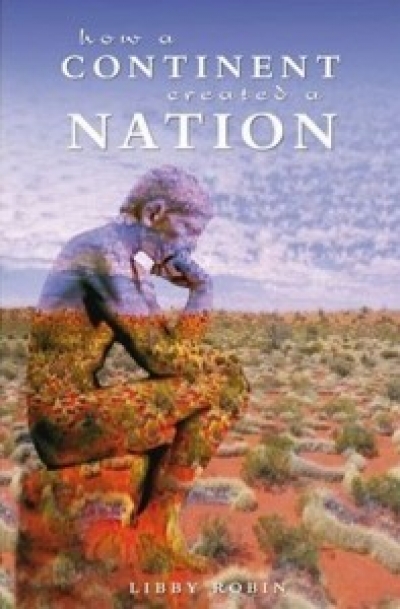Ian Gibbins
The Best Australian Science Writing 2016 edited by Jo Chandler
by Ian Gibbins •
Gardens of Fire: An Investigative Memoir by Robert Kenny
by Ian Gibbins •
Survival of the Beautiful: Art, science, and evolution by David Rothenberg
by Ian Gibbins •
1 preface
I could, if you prefer, create a list
like a birdwatcher, concealed
in a reedy hide, with binoculars,
field guide and record book, a mnemonic
of migration lines, our lines of sight,
a cladogram of our evolving past.

